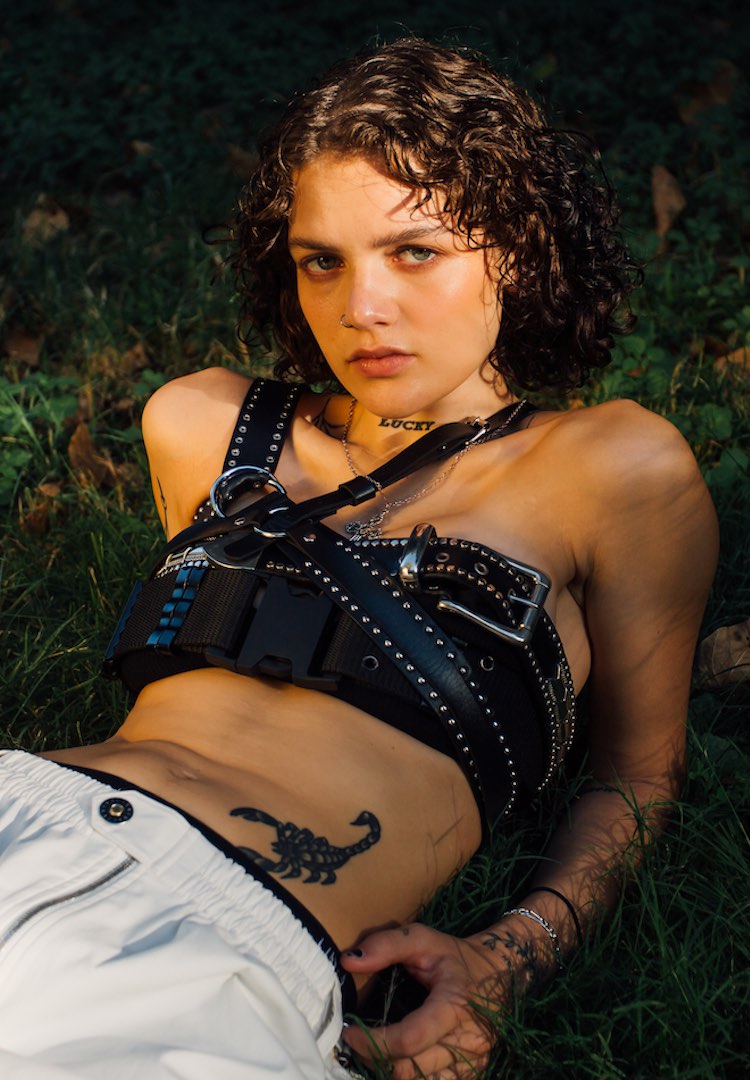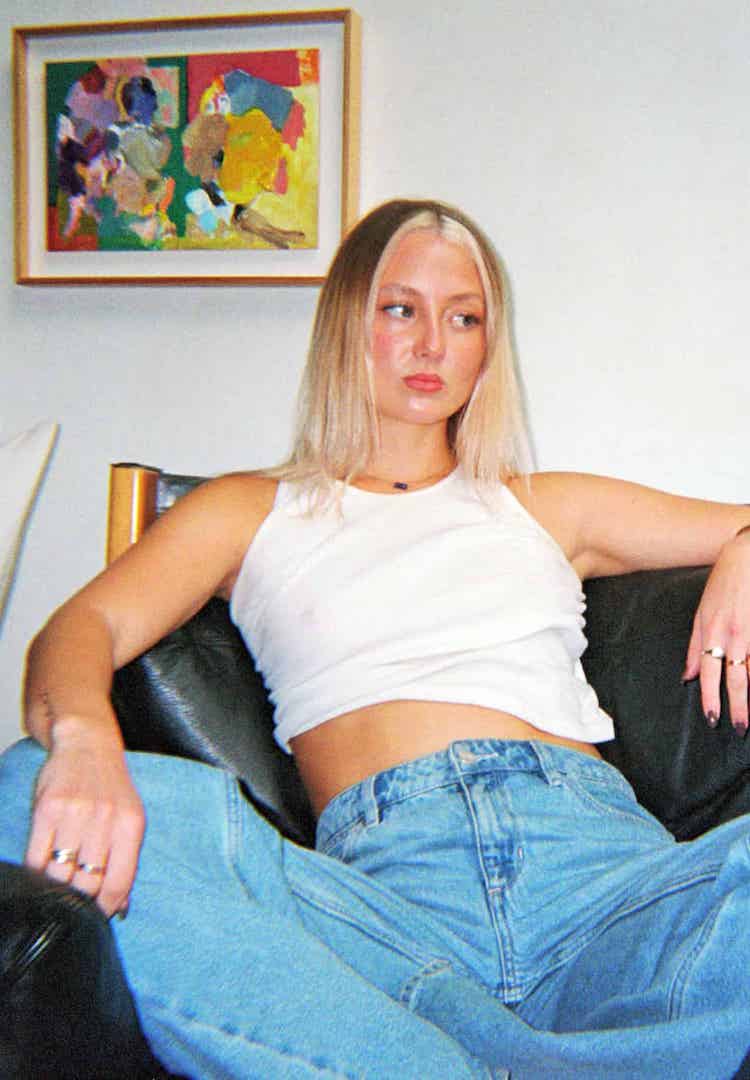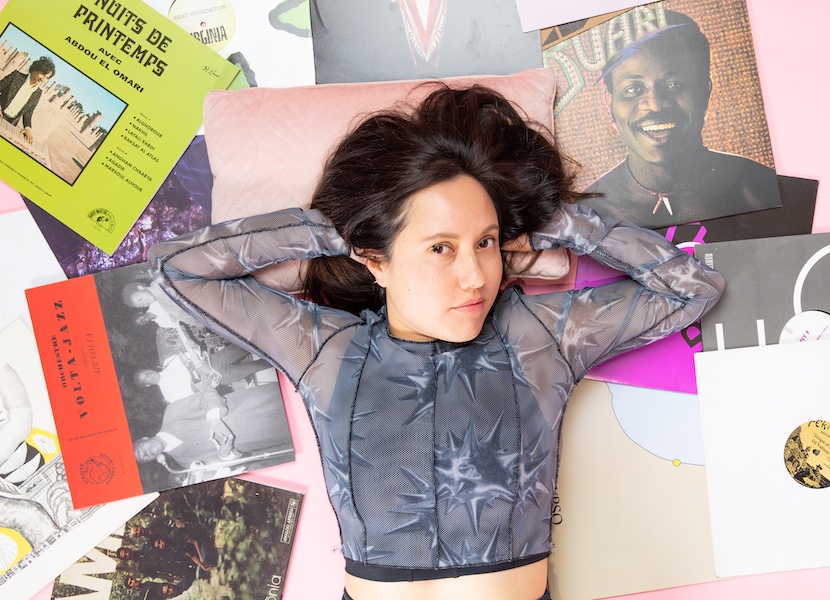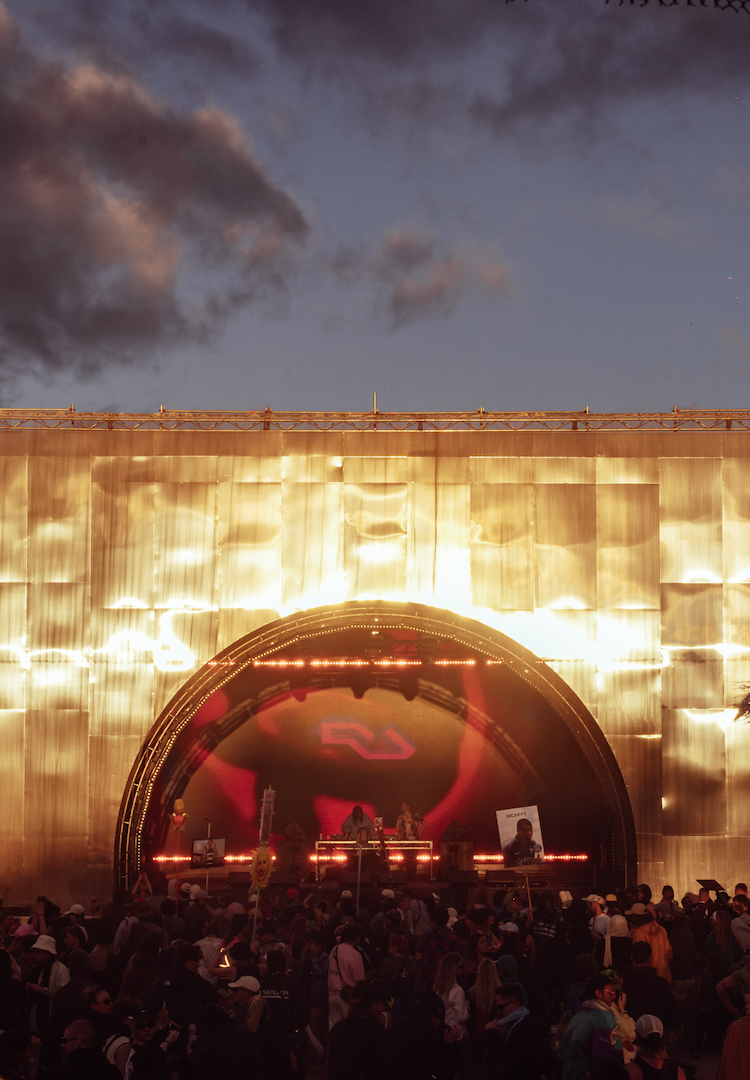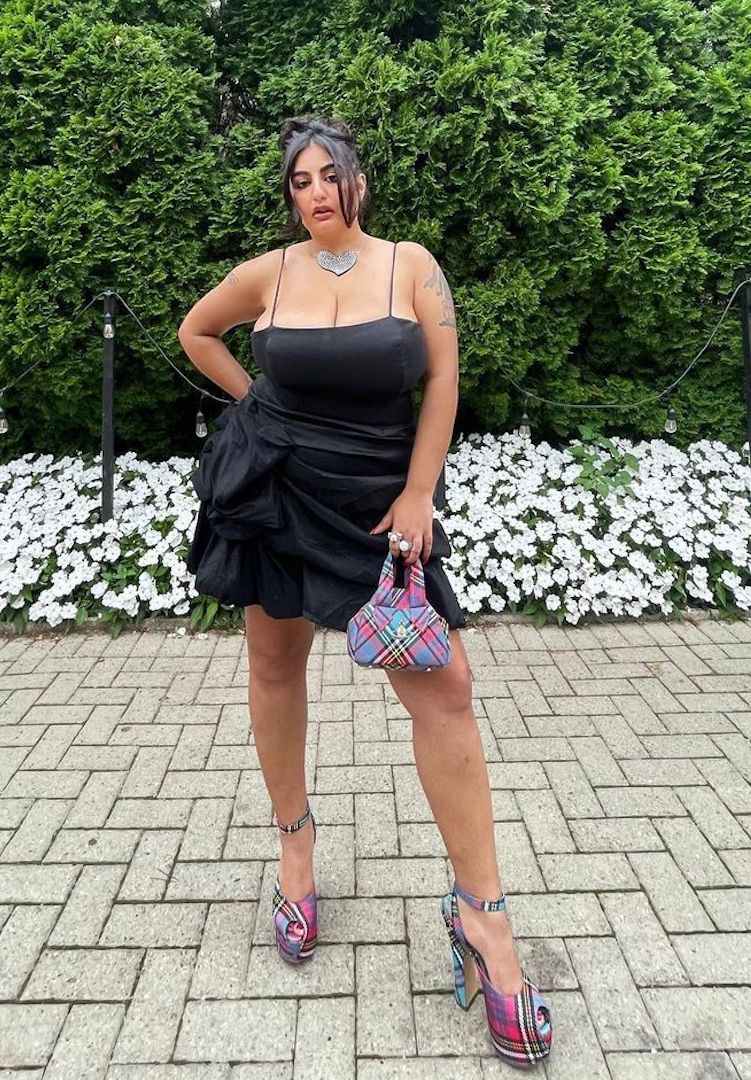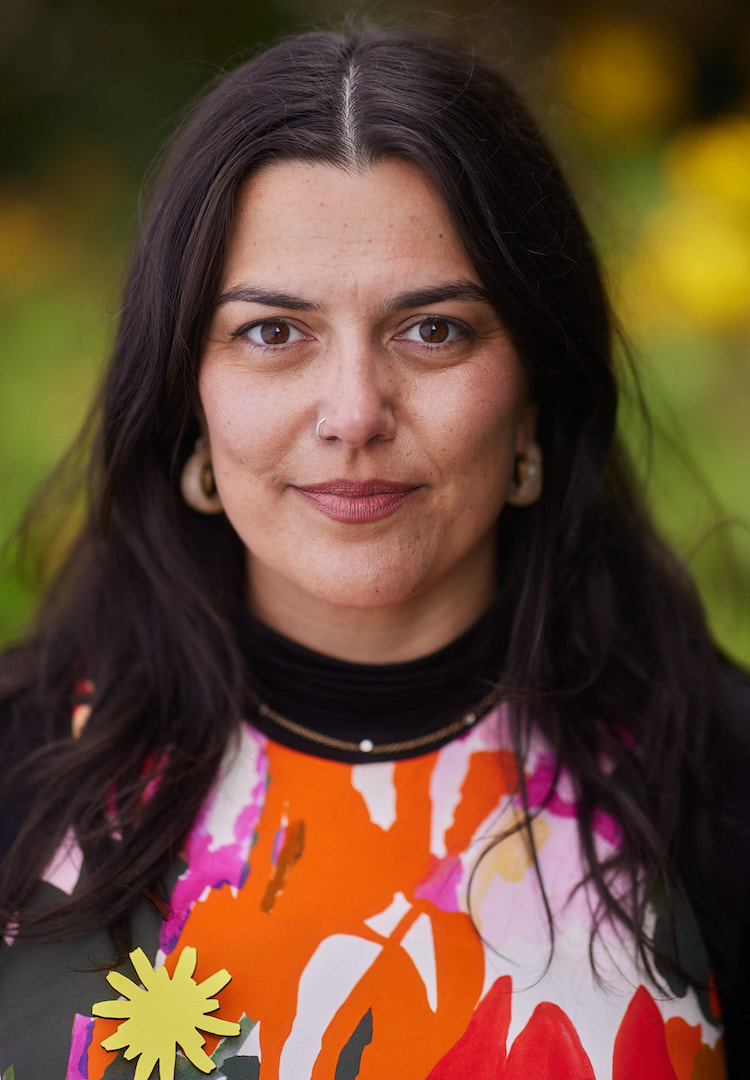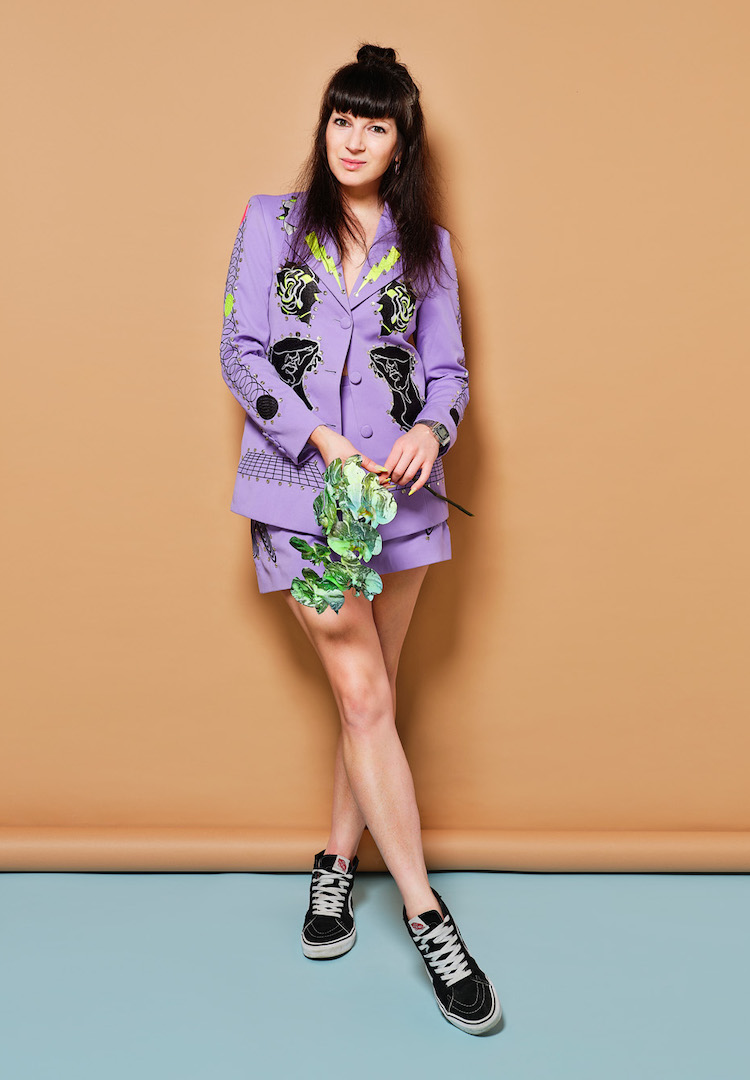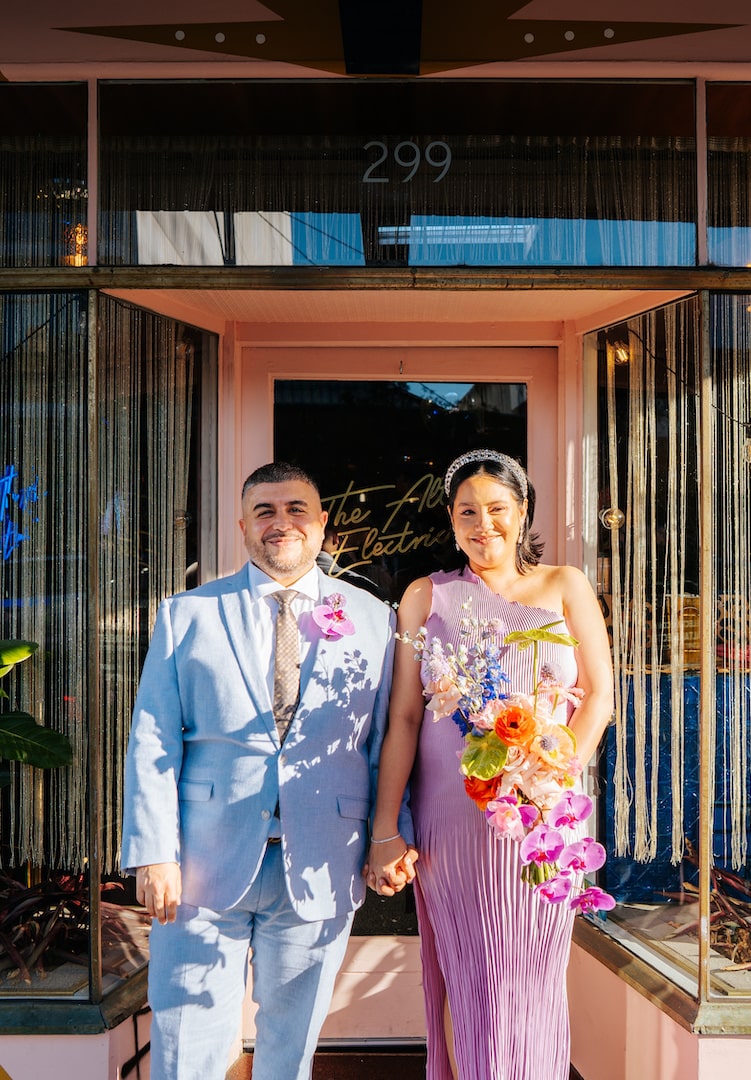What Melbourne’s music scene is really like, according to 4 femme DJs
PHOTOGRAPHY BY Kiki Kenins
WORDS BY RUBY STALEY
Spinning back the track on local diversity.
Like many creative pursuits, DJing and producing music transcend language, cultural and lifestyle barriers. Music, at its core, exists to be enjoyed by everyone. Although audiences are and always will be diverse, throughout history, line-ups (big and small) have been slow to reflect such cultural and gender variety.
Still in the cutting-teeth phase of my DJ career, I’ve already noted a few instances of being dismissed and looked down on by a sprinkling of my male counterparts. I’ve had fellow femme DJs share their fears of being booked for events to simply fill a diversity quota, rather than feeling like they’ve earned it. I’ve heard stories of femme people being booked for events with little to no aftercare or during-event support when they felt unsafe, or even being paid significantly less than other male artists on the line-up.
Discover more about Australia’s musical talent in FJ’s Music section.
To preface, I’ve also had the luck of being taken under the wing by some incredible male DJs who’ve invited me into their world, shown me the ropes and made me feel comfortable and empowered. It’s not all bad, and most of the time it’s incredibly fun. But there are still things that can improve.
Although Melbourne is leading the charge towards a more diverse scene, there are still massive barriers faced by femme DJs and a long way to go for other parts of the Australian music industry. Diving headfirst into the complexity that is femme representation in the industry, I was lucky enough to pick the brains of four of the best and brightest DJ talents Naarm has on offer. Amid the (at times brutal) honesty, there’s plenty of passion, hope and empowerment to go around. It seems it’s only up from here.
Marli Grosskopf, she/her
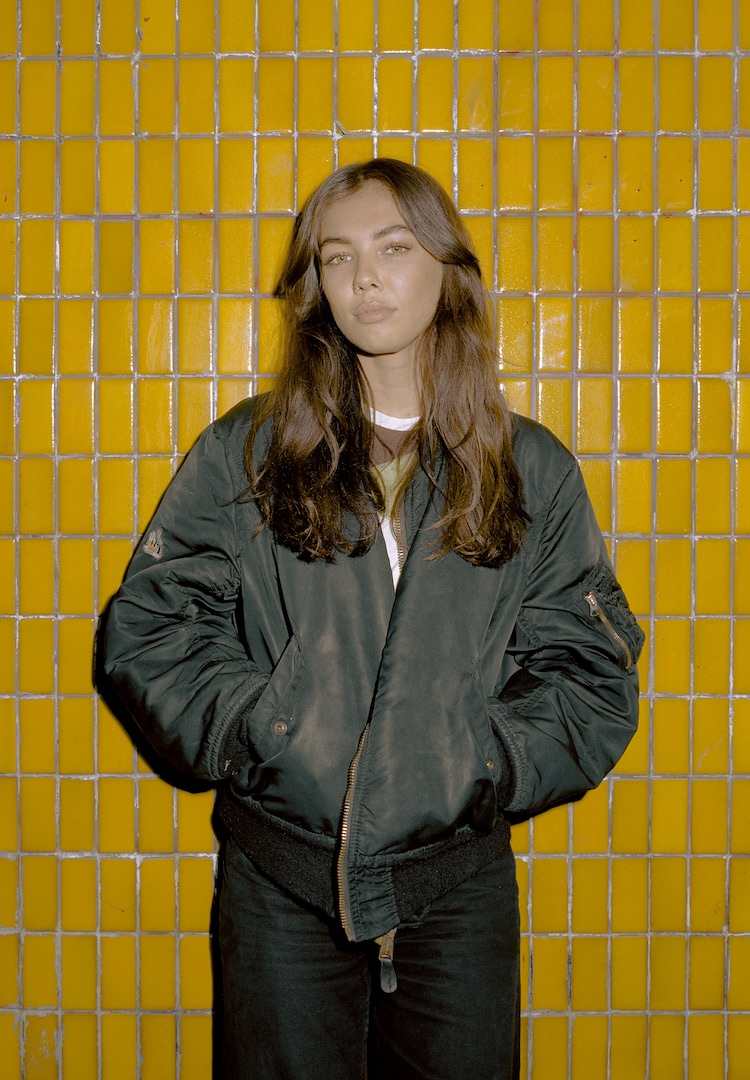
How long have you been a DJ and how did you first get into it?
I’ve been a DJ for roughly three and a half years now but have been producing and writing music much longer – for about a decade in fact! I slipped into DJing really organically. Coming from a music production background, getting my degree in music and working in the music industry for years, I spent so much time going to gigs and working in events that the natural progression of that was giving it a crack myself. It’s been a wild ride ever since. I feel very fortunate for the opportunities I’ve been given.
Have you encountered any barriers in performing, gaining recognition or securing gigs?
There have been, and still are, a lot of barriers… From not being paid as much as my male counterparts [and] always being put on the opening slot by default, to having promoters ask me if I know how to use the gear [and] people touching the mixer while I’m playing, [to] straight-up harassment and comments that the only reason I get booked at all is because of my appearance.
Tawana Basutu, she/her
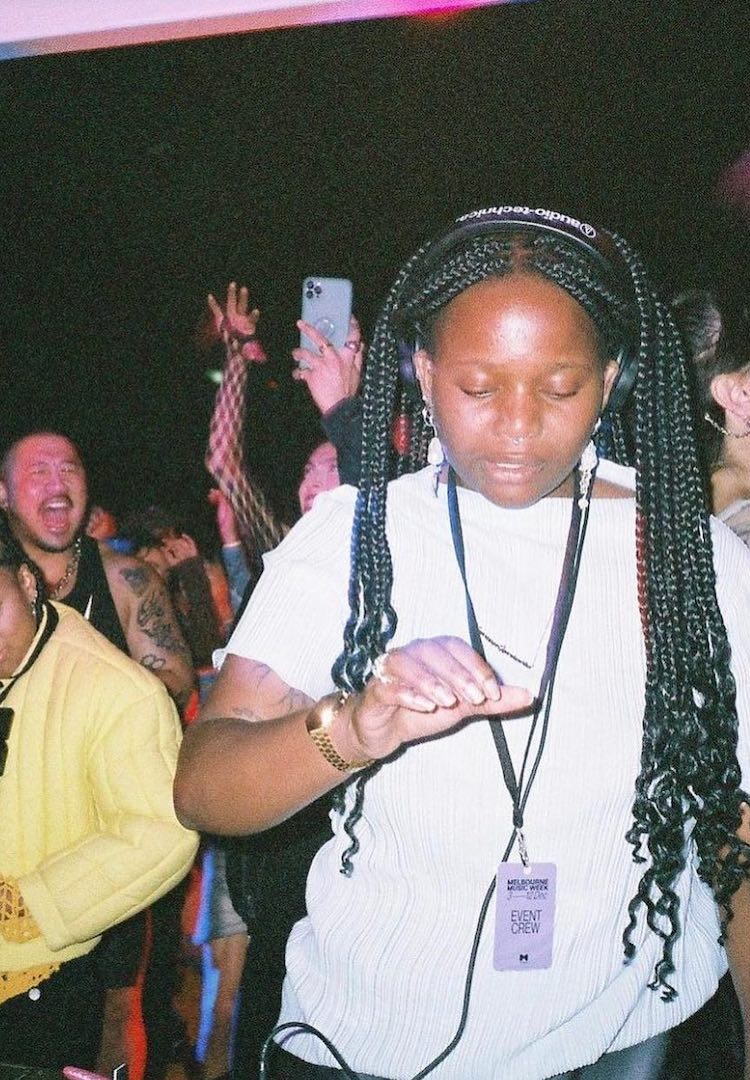
Have you encountered any barriers in performing, gaining recognition or securing gigs?
…Melbourne is dominated by White promoters, events and parties [that] don’t have a connection to the Black community. So I think promoters will book based on what’s popular at the time (a system I’ve definitely benefited from), so they’ll scroll Instagram and see what’s hot in these ‘sub’ communities and they’ll just book whoever they think is hot. But there’s no real investment, there’s no afterthought or aftercare.
Have you ever played gigs where you’re the only femme/AFAB person?
Yes, I have. If I could describe it, it feels like I’m a sideshow. Like please just vibe, or bust a move.
Do you have any other femme/AFAB DJs you look up to? If not, why?
Okay, so these DJs eat: Half Queen, Jane, Kitty Whip, Kamna, Sherelle, C.Frim, Mirasia, Crybaby, Simona, Ritabass, Yang, DJ Lyn, DJ Mum, Stev Zar, DJ NayNay, Different Shades, Kilimi, Rahki, Dina, Fei, Sina, Crystallmess, Baexploitation, Shebaq, Ciel, Shyclart, Sezzo [and] Brown Suga Princess.
Sky Thomas, she/her
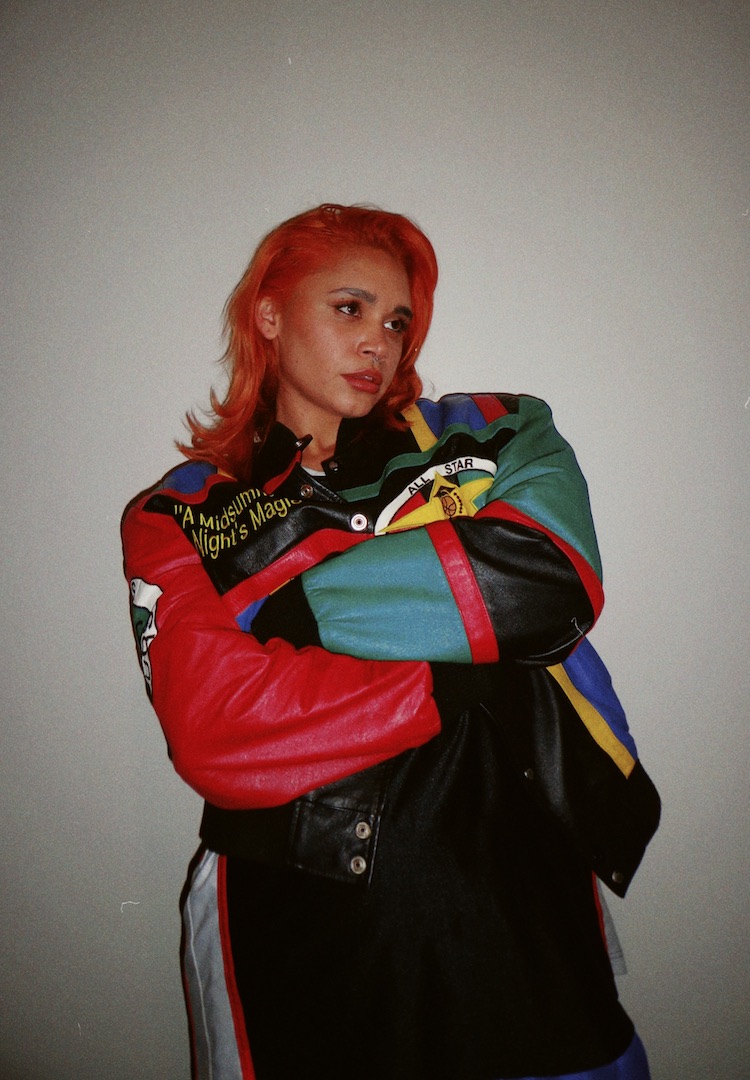
How long have you been a DJ and how did you first get into it?
I’ve been DJing since 2017; I had existed in the nightlife scene for a couple of years as a club promoter and host and developed a little persona for myself under the name Soju. A venue gave me the opportunity to learn to DJ, utilising an hour or two in the venue before the night opened up and after eight weeks, I was pushed to have a set. It kind of snowballed into the career I have now.
Do you have any other femme/AFAB DJs you look up to?
I have so many amazing DJs I look up to: Stevzar, Halfqueen, Lady Shaka, Jade Zoe, Mirasia and C.Frim, Neesha, Dijok, Tinika, Foura [and] Carolina Gasolina. [There are] so many amazing people who do amazing things in their respective communities and genres. It’s not just them being amazing selectors and curators of music, it’s how they support everyone in their orbit. Every single one of them isn’t just there to play music, they’re there to build up every single person in the room.
Have you encountered any barriers in performing, gaining recognition or securing gigs?
Many many times. In the past, there’s been an air of [a] ‘boys’ club’ when it comes to events and venues… I’ve been told once that girl DJs are on the lineup, not for the music but for the view.
Have you ever played gigs where you’re not the only femme/AFAB person?
The level of safety is immaculate – especially those run by non-men POC. There’s a level of respect and care taken to ensure I feel safe, that I feel supported and wanted. There have been some terrific men I’ve worked with in the past and [I] appreciate all the work they are trying to do in their position – but being in a space that’s created by those who are like you is different.
Chelsea McIver (DJ Mendoza), she/her
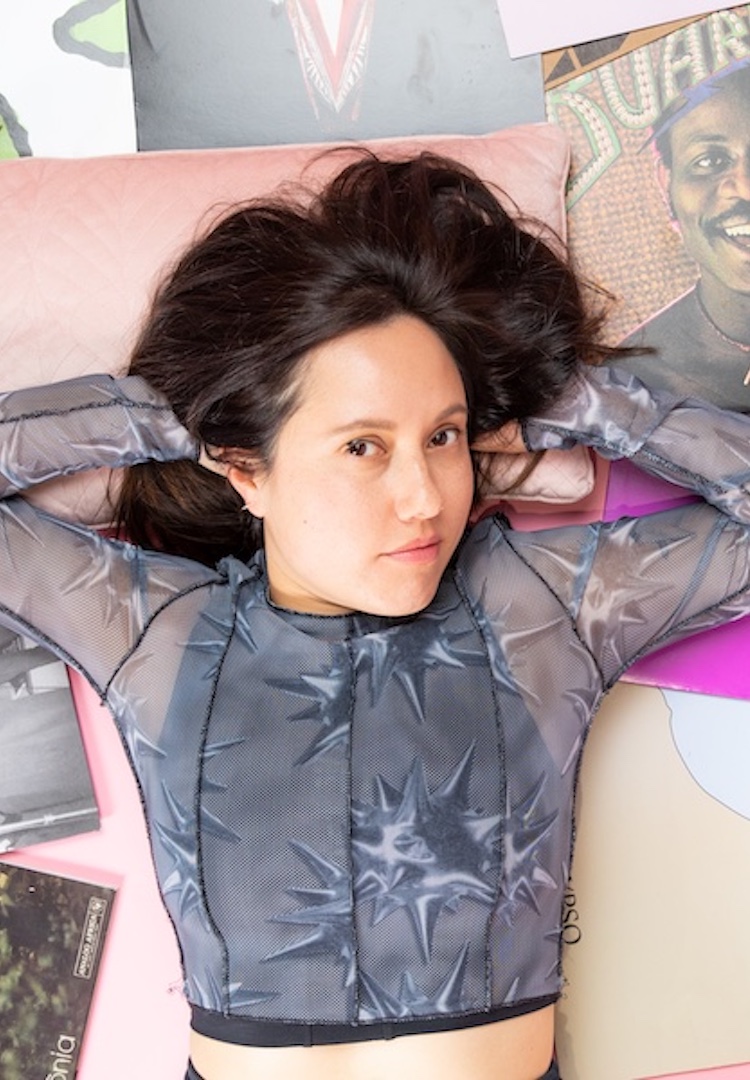
How long have you been a DJ and how did you first get into it?
I started DJing two years ago. Footscray Community Arts was running a ‘learn to DJ’ workshop and I signed up… During the group session, I felt a bit overwhelmed by the technical aspects of DJing so I paid for some 1:1 lessons with a friend.
I very quickly realised how fun and satisfying DJing is. In those early weeks, my housemate encouraged me to play at her birthday party and so after a week of intensive practice, I was doing my first set from the comfort of our home with lots of supportive friends cheering me on.
Do you have any other femme/AFAB DJs you look up to?
There are so many awesome femme/AFAB DJs and producers in Australia and all over the world who inspire me, but someone in particular who I admire is Samantha Poulter aka Logic1000. She got into the game fairly ‘late’ at the age of 29, which on its own is quite refreshing to hear as a more mature DJ myself (I started when I was 32). Samantha is a mum and is quite open about her struggles with mental health.
In your opinion, what is the industry missing?
Better pay! It’s the age-old quandary in the creative arts. Most DJs start out playing at bars and restaurants and… I am very aware that budgets can only stretch so far. In saying that, I do think standard rates for DJs need to more appropriately reflect the financial and emotional investment, preparation and artistry that goes into the craft, and also… the work conditions of a DJ which can often mean late nights, a lot of time spent standing and not having the leave entitlements and other benefits that come with a standard salary job.
Any tips for beginner femme/AFAB DJs for navigating a White male-dominated industry?
As performers, I think many of us have this idea that we need to be a ready-to-go finished product, but the wonderful thing about DJing is that it’s always a work in progress… As my DJ [and] producer friend 3rd Orbit once told me, “Go at life with the audacity of a 23-year-old straight white cisgender male and you’ll be just fine.”
To learn more about the struggles women and non-binary people in Melbourne’s music spaces face, head here.

